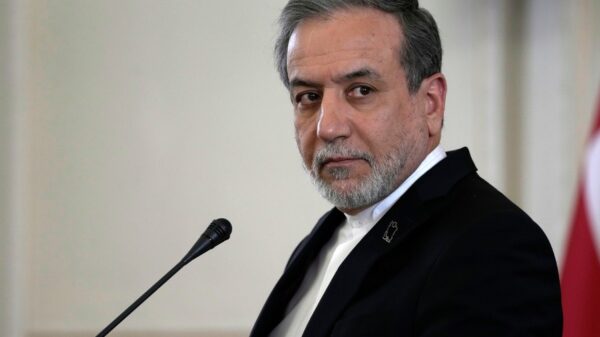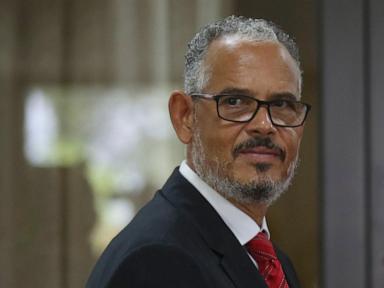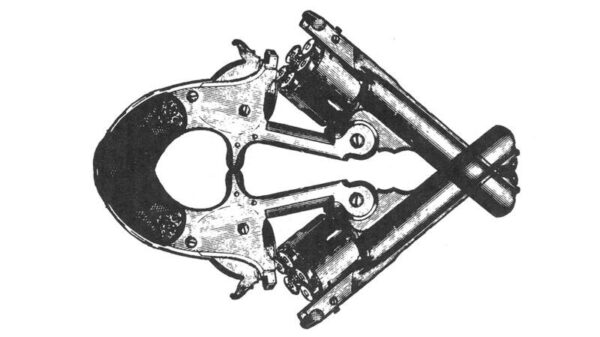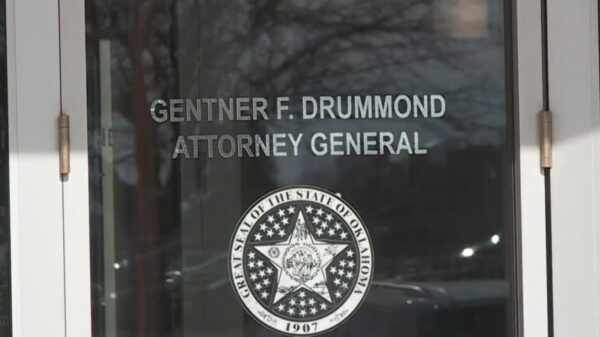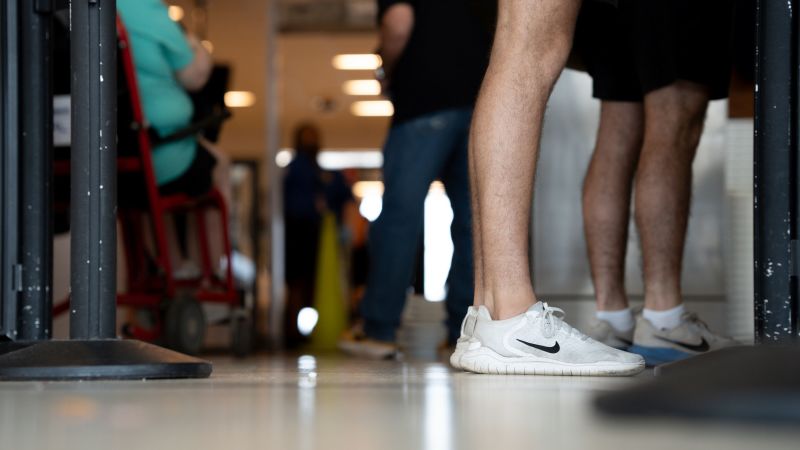As the United States moves to lift the long-standing requirement for travelers to remove their shoes at airport security, a significant legacy of the post-9/11 era is set to fade. This decision, announced by Homeland Security Secretary Kristi Noem, comes nearly twenty-five years after the tragic events of September 11, 2001, when terrorism reshaped American security protocols. The removal of shoes during airport screenings has been a daily reminder of the war on terror initiated in the aftermath of the attacks.
The shoe removal policy was established in 2006 following a foiled plot to detonate explosives hidden in shoes. Now, the implementation of new security technology allows for the cessation of this practice, marking a tangible shift in how America approaches security at its airports. This change reflects not only advancements in technology but also an evolving national sentiment about the legacy of Osama bin Laden and Al Qaeda.
Reflections on a Changed Landscape
The impact of the 9/11 attacks extends far beyond airport security. On that fateful day, the world witnessed the catastrophic destruction of the World Trade Center and an assault on the Pentagon, events that transformed American society and its geopolitical landscape. The ensuing wars in Afghanistan and Iraq, framed by former President George W. Bush as a struggle against radical Islamic terrorism, have left an indelible mark on U.S. foreign policy and domestic attitudes toward government and security.
Despite the initial success of the military campaign in Afghanistan, where the Taliban was swiftly overthrown, the subsequent invasion of Iraq diverted attention and resources, leading to a protracted conflict that many argue eroded public trust in government and military interventions. This complex legacy has shaped the political landscape significantly, influencing the rise of leaders like Barack Obama and Donald Trump, both of whom capitalized on public discontent with ongoing military engagements.
The aftermath of 9/11 fostered a culture of suspicion toward government institutions, particularly intelligence agencies. This distrust has resurfaced in contemporary political discourse, notably among supporters of Trump, who have criticized federal agencies for perceived overreach and failures.
Enduring Legacy of 9/11
While the lifting of the shoe removal requirement signifies a shift in security protocols, the broader implications of 9/11 continue to resonate. The challenges posed by foreign policy decisions made in the wake of the attacks, coupled with the rise of populism and skepticism toward government, remain central to American politics today.
The political ramifications of the post-9/11 era extend to current leaders who grapple with a legacy shaped by war, surveillance, and national security. Joe Biden‘s administration finds itself navigating the complexities of this history while addressing new threats and challenges in an increasingly multipolar world.
As the United States reflects on nearly a quarter-century since the tragic events that altered its course, the evolution of security measures, such as the end of shoe removal at airports, serves as a reminder of both progress and the enduring impact of that day. The memory of 9/11 will continue to shape American identity, governance, and international relations for years to come.







